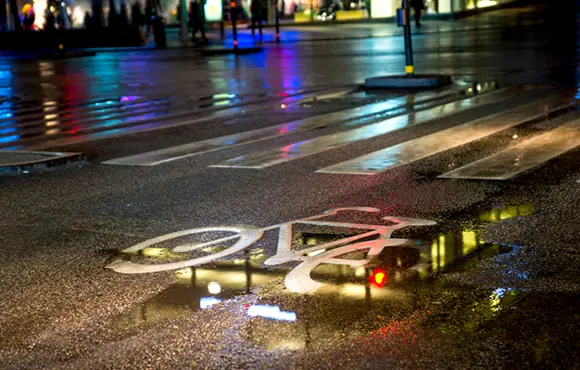Not all bike setups are created equal, though. Some athletes at Kona go with "superbikes" with integrated headsets. Others go with more traditional frames with less aerodynamic stems. Different handlebar and wheel choices influence relative aerodynamic performance. Some athletes even choose traditional road helmets over more aerodynamic ones. And in the last few years even "beam bikes" without seat tubes have reappeared in the pro ranks. With that much variation in the equipment, the question still lingers whether the bikes have saved 30 watts or the athletes have simply raised the bar for power output. With all the advances in training and nutrition, one would expect athletes to be a little faster. To investigate this further, below is the list of various average power outputs of athletes who've pedaled the Queen K since the dawn of the power meter. All data is linked so you can look further if you so choose (you know you want to).
More: 10 Stunning Photographs From Ironman Kona
2014
2013
2012
McKenzie: 265W (this link applies to all athletes in 2012)
Jacobs: 281W
Al-Sultan: 288w
2008
Sindballe: 300.5W (this link also applies to all further unlinked data below)
2007
Sindballe: 309W
2006
Al-Sultan: 283W
Bell: 273W
- 3
- of
- 4
About the Author









Discuss This Article